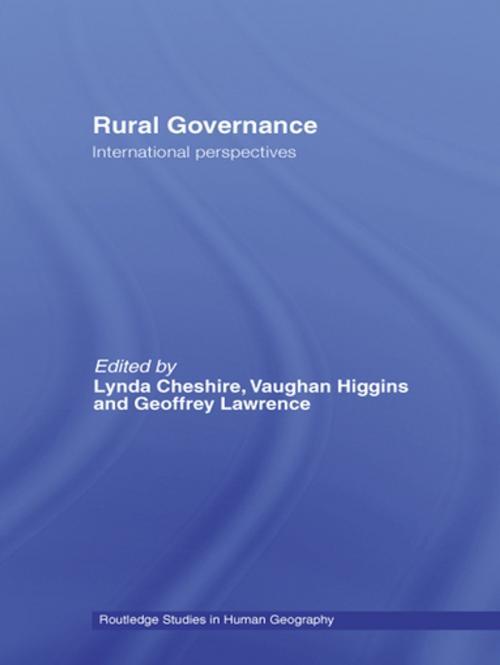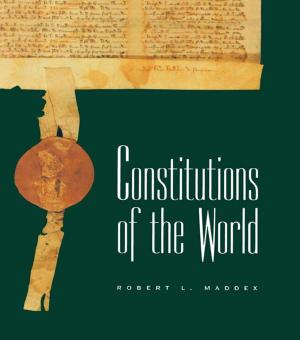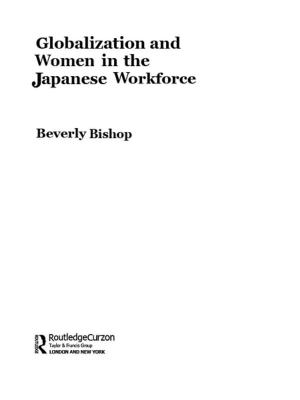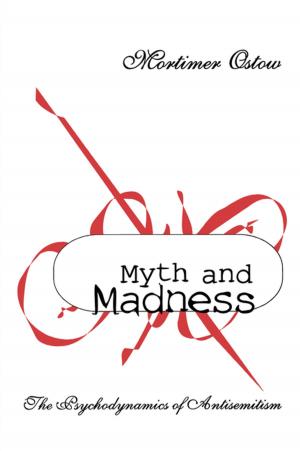Rural Governance
International Perspectives
Nonfiction, Science & Nature, Science, Earth Sciences, Geography, Social & Cultural Studies, Social Science, Human Geography, Sociology| Author: | ISBN: | 9781134148646 | |
| Publisher: | Taylor and Francis | Publication: | December 5, 2006 |
| Imprint: | Routledge | Language: | English |
| Author: | |
| ISBN: | 9781134148646 |
| Publisher: | Taylor and Francis |
| Publication: | December 5, 2006 |
| Imprint: | Routledge |
| Language: | English |
Recent decades have witnessed the transition from the government of rural areas towards processes of governance in which the boundaries between the state and civil society are blurred. As a result, governance is commonly linked to ‘bottom-up’ or community-based approaches to planning and development, which are said to ‘empower’ rural citizens and liberate them from the disabling structures of top-down government control. At the same time, however, a range of other actors beyond the local level have also become increasingly influential in determining the future of rural spaces, thereby embedding rural citizens within new configurations of power relations.
This book critically explores the social causes and consequences of these emerging governance arrangements. In particular, the book seeks to move beyond questions of empowerment in governance debates and to consider how new kinds of power relations arise between the various actors involved. The book addresses questions concerning the nature of power relations in contemporary forms of rural governance, including: how community participation is negotiated and achieved; the effects of such participation upon the formulation and delivery of rural policies; the kinds of conflicts that arise between various stakeholder groups and the capacity of each group to promote its interests; and the prospects of this new approach for enhanced democratic governance in rural areas.
Recent decades have witnessed the transition from the government of rural areas towards processes of governance in which the boundaries between the state and civil society are blurred. As a result, governance is commonly linked to ‘bottom-up’ or community-based approaches to planning and development, which are said to ‘empower’ rural citizens and liberate them from the disabling structures of top-down government control. At the same time, however, a range of other actors beyond the local level have also become increasingly influential in determining the future of rural spaces, thereby embedding rural citizens within new configurations of power relations.
This book critically explores the social causes and consequences of these emerging governance arrangements. In particular, the book seeks to move beyond questions of empowerment in governance debates and to consider how new kinds of power relations arise between the various actors involved. The book addresses questions concerning the nature of power relations in contemporary forms of rural governance, including: how community participation is negotiated and achieved; the effects of such participation upon the formulation and delivery of rural policies; the kinds of conflicts that arise between various stakeholder groups and the capacity of each group to promote its interests; and the prospects of this new approach for enhanced democratic governance in rural areas.















